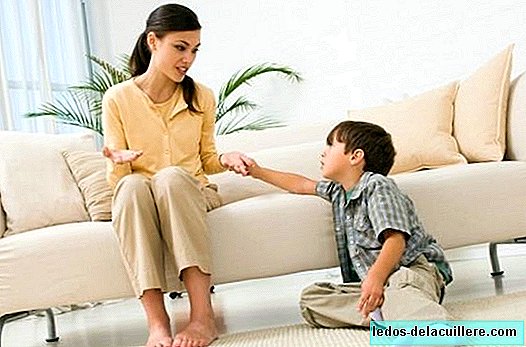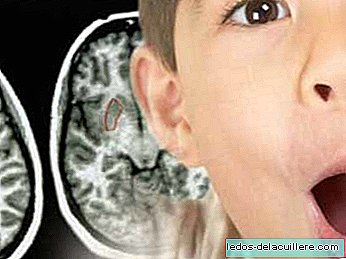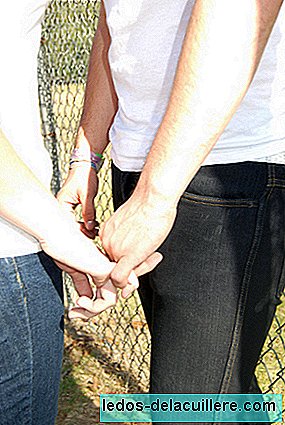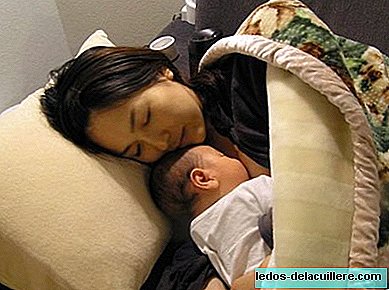These days we are immersed in the celebration of Halloween, but on November 1 we also celebrate in our country the Day of All Saints and the Day of the Dead in other countries such as Mexico. These are days when the dead are honored and, of course, children begin to ask questions that parents sometimes do not know how to answer.
Death is not an easy topic to deal with, because it removes many feelings, and sometimes we prefer to respond evasively to get rid of the subject. But it is important to speak clearly with children so that they can understand it according to their level of understanding. In the end, death is part of life, and we must treat the issue naturally. We give you some tips to talk about death to children.
Always answer your questions
No more no less. If we do not respond, our children will think that we do not address their concerns. It should not be a taboo subject or change the subject when asked. If we do not want to speak at that particular moment because it causes us pain, we will explain it later.
But it is important that Let us answer to our children all their doubts about death as far as they ask, without giving more explanations than what they ask, but always answering your questions. Otherwise, we may get ahead of what they don't even think about.
Explain them according to their ability to understand
We should talk with our children to the extent that they can understand according to their age and maturity level. Not all 4-year-olds understand death in the same way, when they are young they still do not clearly distinguish the reality of fiction and believe that death is reversible. Children have different stages of understanding death. We must speak simply, with close and understandable language for each age.

Never lie to them
If they are asking for an explanation, they should not be lied to. Do not change reality with the intention of protecting them. It is important that you tell him the truth, but without adding drama or going into details that could damage his sensibility.
Sometimes we believe that our children are not prepared to understand death and assume that sweetening the matter is a good idea, but it is a mistake. Telling them a lie "so they don't suffer" will further increase their bewilderment about death. The child can let his imagination fly and totally change reality. We must always speak with the truth, adapting the explanations according to their age.
Nor is it a good idea to relate death to disease, since every time they get sick they will be scared, or with sleep, because they can begin to be afraid of falling asleep. A relationship that is not convenient is to associate death with the elderly because it is an association that is not always fulfilled and could be baffled by the death of a young person.
Talk about your feelings
It is a good opportunity to talk with children about their feelings about the death of a loved one, a pet or deepen some news they have seen on TV.
It is positive to talk with them about the feelings that arise, why people are sad when someone dies, why we cry. The death of a loved one is always shocking and sad, so the expression of pain should not be hidden or repressed. We must be close, understand them and never make fun of their emotions. Nothing happens either because they see us sad at the death of a close person, or even see us cry.
One of the issues that concerns them most is the death of their own parents, realizing that someday we will not be with them. In this situation we can reassure them, let them know that the natural end of life, but that we hope to be with them for many years.
These days give us a perfect opportunity to talk to children about death. If we have talked to them, when they face the loss of a loved one, they will be more understandable to them and will be more prepared to overcome the trance with our help.
Photos | iStockphoto
In Babies and more | How to talk to children about death












